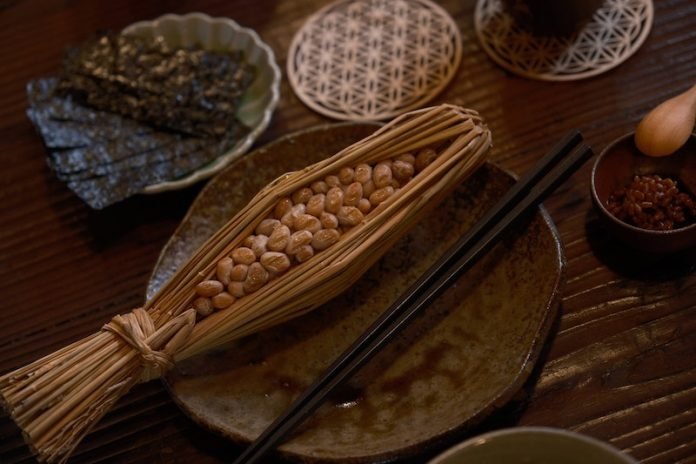
Natto is a traditional Japanese food made from fermented soybeans. It might not be a staple in most Western diets, but a new study suggests it might be worth adding to your menu.
Not only does it offer some general health benefits, but it might actually help you live longer.
The key to its powers lies in a specific bacteria used in its fermentation process—Bacillus subtilis var. natto. This bacteria is pretty much everywhere—in the soil, in plants, and even in your gut.
The Study and Its Findings
A team of researchers from Osaka Metropolitan University, led by Professor Eriko Kage-Nakadai, explored how this bacteria could impact lifespan.
To test it out, they used tiny worms called Caenorhabditis elegans, which are commonly used in lifespan studies. They found that the worms who ate this bacteria lived notably longer than those that didn’t.
The study went further to understand why this happens. Without getting too scientific, the bacteria activated certain pathways in the worms that are associated with immunity and long life.
On top of that, the bacteria-eating worms were also more resistant to stress factors like UV light and harmful reactive molecules.
What it Means for Us
This study is the first of its kind to show that Bacillus subtilis var. natto can potentially extend lifespan—at least in worms.
The researchers are hopeful that future studies on animals and even humans could yield similar results.
Professor Nakadai pointed out that if the findings could be applied to humans, it could be a step towards creating a healthier, longer-living society.
Final Thoughts
Health and longevity have been sought after for ages, often with expensive or complex solutions. The idea that something as simple and natural as a fermented food could make a difference is fascinating.
While more research is needed to prove its effects on humans, it might be worth trying out natto as part of your diet. Who knows, this age-old Japanese food tradition could be the key to a longer, healthier life.
If you care about wellness, please read studies about vitamin K deficiency linked to hip fractures in old people, and these vitamins could help reduce bone fracture risk.
For more information about wellness, please see recent studies that Krill oil could improve muscle health in older people, and eating yogurt linked to lower frailty in older people.
The study was published in the Journal of Applied Microbiology.
Follow us on Twitter for more articles about this topic.
Copyright © 2023 Knowridge Science Report. All rights reserved.



